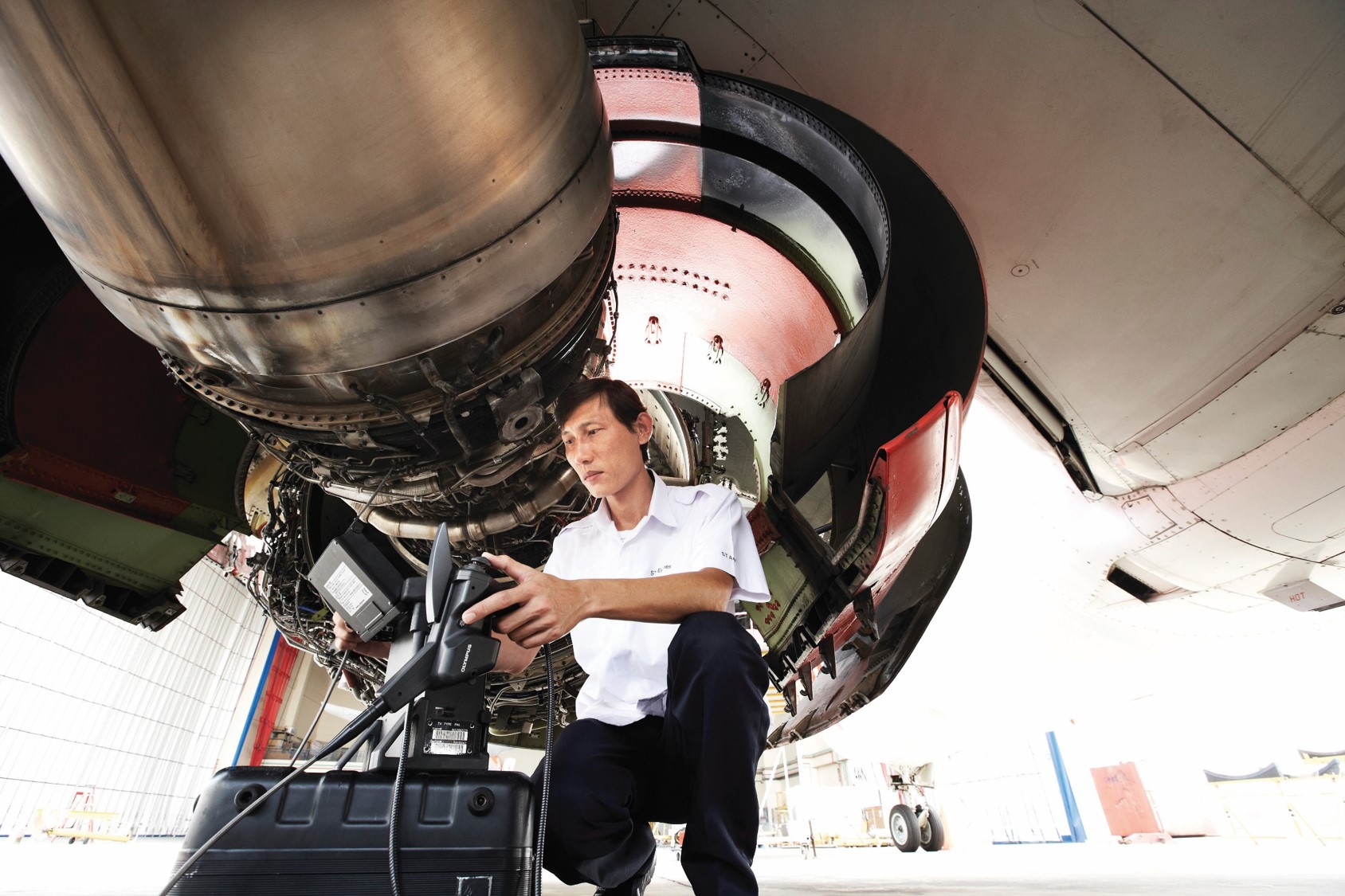A recent bill introduced in the US House of Representatives could make life difficult for US MRO providers, airlines as well as OEMs as it adds an extra layer of FAA interference in the aircraft MRO work of foreign repair shops although some argue that the added security is a necessary step to ensure safety adherence. The bill – H.R. 1716 also called as the Global Aircraft Maintenance Safety Improvement Act will now have more FAA interference like unannounced FAA inspections of foreign repair stations and would require airlines to submit annual reports to the FAA about heavy maintenance work on aircraft performed outside the US.
Under current law, FAA inspectors must give notification to foreign stations before conducting their safety inspections making it difficult for FAA inspectors to identify potential safety violations and risks.
In addition, the bill also proposes to improve transparency by requiring air carriers to submit regular reports to the FAA detailing the maintenance that has been performed on the aircraft, as well as any malfunctions or poor maintenance that required corrective action. This will help regulators detect potential safety failures and take appropriate action to ensure that those stations with poor performance either improve their performance or lose their US certification.
The bill does not allow new foreign repair stations in countries that don’t meet the safety standards set by International Civil Aviation Organization. Besides it also forbids new airline heavy maintenance with such repair stations.
Most South American nations meet the ICAO standards and can be used by US operators, most prominent among them are EL Salvador and Costa Rica.
The US MRO providers mostly outsource MRO work to foreign repair stations where the labour is more affordable. However, with this bill, the sponsors want the supervisors and staff who approve MRO work at foreign repair stations to be certified under the FAA or some equivalent certification rules making it difficult for the US MROs to outsource their work.
Finally, the bill would compel the FAA to conduct required background checks of FAA certified foreign repair station employees and would implement a moratorium on new foreign repair station certifications if a final drug and alcohol testing rule has not been implemented within one year of the bill’s enactment.
This bill is somewhat similar to a 2022 bill passed by the House in September, but which the Senate ultimately referred to the Committee on Commerce, Science and Transportation.
The bill is opposed by the airlines, US repair shops as well as OEMs but experts believe that it has a strong chance of passing as it is backed by unions and at least one neutral observer.
Post introduction of the bill, Representative Marcus Molinaro said: “I introduced this bipartisan bill so foreign aircraft maintenance facilities will be held to the same safety standards that we have in the United States. This bill is necessary because it will ensure the highest level of aircraft safety and remove the incentive to offshore jobs.”
Molinaro is seeking to include the bill in 2023’s FAA Reauthorization Bill, which is must-pass legislation.
Transportation Trades Department (TTD) has strongly supported the bill and urged the Congress to improve US aircraft maintenance. “China is the single largest beneficiary of these regulatory loopholes,” TTD said in a statement.
The FAA has certified 93 aircraft repair facilities in China, employing nearly 23,000 mechanics and maintenance specialists working on US aircraft. Every single one of these facilities is owned, at least in part, by the Chinese government.
“The threat of the Chinese government’s involvement in our air travel is troublesome, especially since a US worker may never maintain this equipment if these aircraft cycle out of the country each time a significant repair is needed,” TTD said.
TTD claims that the bill would improve transparency by requiring air carriers to submit regular reports to the FAA detailing the maintenance that has been performed on the aircraft, as well as any malfunctions or poor maintenance that required corrective action. This will help regulators detect potential safety failures and take appropriate action to ensure that those stations with poor performance either improve their performance or lose their US certification.
Sean O’Brien, president, International Brotherhood of Teamsters General said: “The Teamsters Union strongly commends this effort to address the scourge of unsafe, outsourced aircraft maintenance. By putting an end to the two-tiered safety system, we can ensure that the planes we fly on are properly maintained and remove the incentives for airlines to endanger the flying public by sending work overseas. The passage of this legislation, alongside quality training efforts like the labor-management designed Calibrate program at United Airlines, will guarantee a bright future for union-represented technicians, the aircraft maintenance industry and aviation safety.”
John Samuelsen, president, Transportation Workers Union International said: “The double standard found in overseas aircraft maintenance, repair, and overhaul work is the dirty little secret of U.S. air carriers. While these facilities outside the U.S. are FAA certified, the mechanics who work in them and the facilities themselves are not held to the same standards as their US counterparts. This un-level playing field encourages U.S. air carriers to offshore aircraft maintenance work, putting passenger and air crew safety at risk. The Global Aircraft Maintenance Safety Improvement Act is much-needed legislation that would close these gaps, increase the safety of our airspace, and return good jobs to the US”
The Aeronautical Repair Station Association (ARSA) has strongly opposed the bill.

